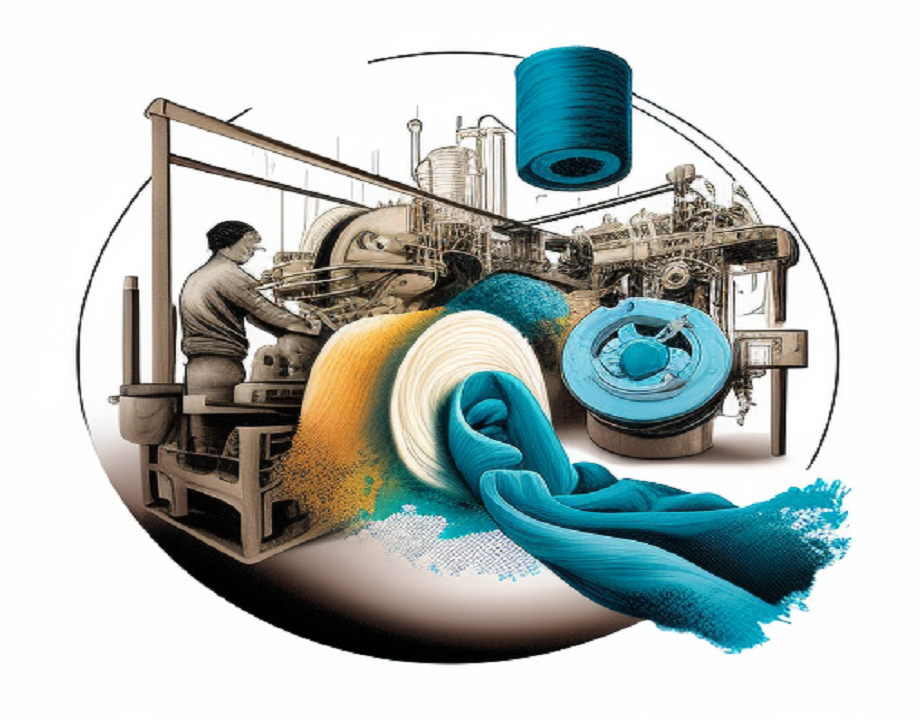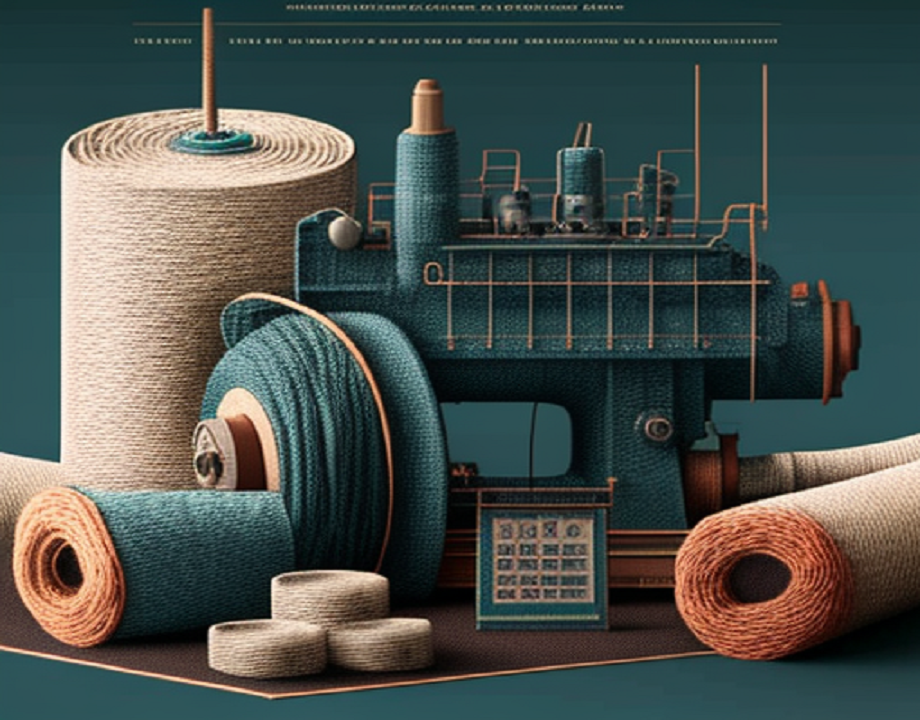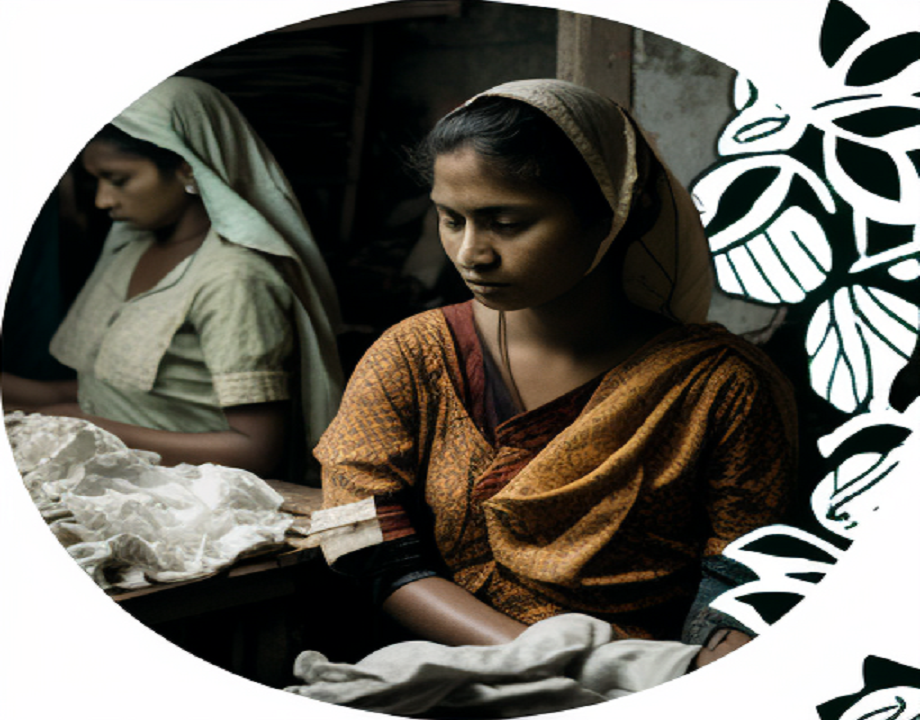In recent years, there has been growing concern about the environmental and social impact of the fashion and textile industry. Bangladesh, as one of the largest textile exporters in the world, has an important role to play in promoting sustainability in the industry. The challenges and opportunities for sustainable fashion and textiles in Bangladesh, and highlight some of the initiatives and best practices that are currently being implemented.
Introduction
The fashion and textile industry is a major contributor to the economy of Bangladesh, providing employment for millions of people and accounting for a significant share of the country’s exports. The industry is also known for its negative environmental and social impact, including high levels of water and energy consumption, pollution, and poor working conditions. As consumers become more aware of these issues, there is increasing demand for sustainable and ethical fashion and textiles. Bangladesh has the potential to become a leader in this area, by adopting sustainable practices and promoting transparency and accountability.
Current Challenges
Despite some positive developments in recent years, there are still significant challenges to overcome in promoting sustainability in the fashion and textile industry in Bangladesh. These include:
Lack of Awareness
Many textile manufacturers and consumers in Bangladesh are not aware of the negative impact of the industry on the environment and society. There is a need for greater education and awareness-raising initiatives to promote sustainable practices and encourage demand for sustainable products.
Lack of Regulation and Enforcement
There is a lack of strong regulations and enforcement mechanisms to ensure that textile manufacturers comply with environmental and social standards. This has led to widespread pollution and poor working conditions in the industry.
High Cost of Sustainability
Many sustainable practices, such as using organic cotton or investing in renewable energy, are more expensive than traditional methods. This can be a barrier for small and medium-sized enterprises that may not have the resources to invest in sustainability.

Opportunities for Sustainability
Despite these challenges, there are also many opportunities for promoting sustainability in the fashion and textile industry in Bangladesh. These include:
Access to Sustainable Materials
Bangladesh has the potential to become a hub for sustainable materials, such as organic cotton and recycled polyester. These materials can be sourced locally, reducing the carbon footprint of the industry and promoting circularity.
Investment in Renewable Energy
Investing in renewable energy, such as solar or wind power, can help textile manufacturers reduce their carbon emissions and energy costs in the long term.
Certification and Transparency
Certification schemes, such as the Global Organic Textile Standard (GOTS) or the Fair Trade certification, can help textile manufacturers demonstrate their commitment to sustainability and ethical practices. Transparency and accountability are also key to promoting sustainable practices, and initiatives such
as the Bangladesh Accord on Fire and Building Safety has helped to improve working conditions in the industry.
Best Practices and Initiatives
There are already many best practices and initiatives being implemented in the fashion and textile industry in Bangladesh, that promote sustainability and ethical practices. These include:
Green Textile Park
The Green Textile Park, located in Gazipur, is a state-of-the-art textile manufacturing facility that uses renewable energy and has zero liquid discharge. The park also has a water treatment plant and a waste management system, reducing the environmental impact of the industry.

Bangladesh Garment Manufacturers and Exporters Association (BGMEA)
The BGMEA is a trade organization that represents the interests of garment manufacturers and exporters in Bangladesh. The organization has launched several initiatives to promote sustainability and ethical practices, including the “Green Factory” certification and the “Sustainable Apparel Forum”.
Fashion Revolution Bangladesh
Fashion Revolution Bangladesh is a grassroots movement that raises awareness about the environmental and social impact of the fashion industry. The organization hosts events and campaigns to promote sustainable and ethical practices in the industry.
Conclusion
promoting sustainability in the fashion and textile industry in Bangladesh is crucial for the long-term viability of the industry and the well-being of people and the planet. While there are significant challenges to overcome, there are also many opportunities and best practices that can be adopted to promote sustainability and ethical practices. As consumers become more aware of the impact of the industry, there is growing demand for sustainable and ethical products, and Bangladesh has the potential to become a leader in this area. By investing in sustainable materials, and renewable energy, and promoting transparency and accountability, the industry can become more environmentally and socially responsible.
FAQs
What are sustainable fashion and textiles?
Sustainable fashion and textiles are products that are produced in an environmentally and socially responsible manner, using sustainable materials, reducing waste and carbon emissions, and promoting ethical practices.
What are some of the challenges to promoting sustainability in the fashion and textile industry in Bangladesh?
Some of the challenges include lack of awareness, lack of regulation and enforcement, and high cost of sustainability.
What are some of the best practices and initiatives being implemented in the industry in Bangladesh?
Some of the best practices and initiatives include the Green Textile Park, the Bangladesh Garment Manufacturers and Exporters Association (BGMEA), and Fashion Revolution Bangladesh.
What is the role of consumers in promoting sustainability in the fashion and textile industry?
Consumers have a significant role to play in promoting sustainability by choosing sustainable and ethical products, demanding transparency and accountability, and raising awareness about the impact of the industry.
How can Bangladesh become a leader in sustainable fashion and textiles?
Bangladesh can become a leader by investing in sustainable materials, and renewable energy, promoting transparency and accountability, and adopting best practices and initiatives that promote sustainability and ethical practices.

